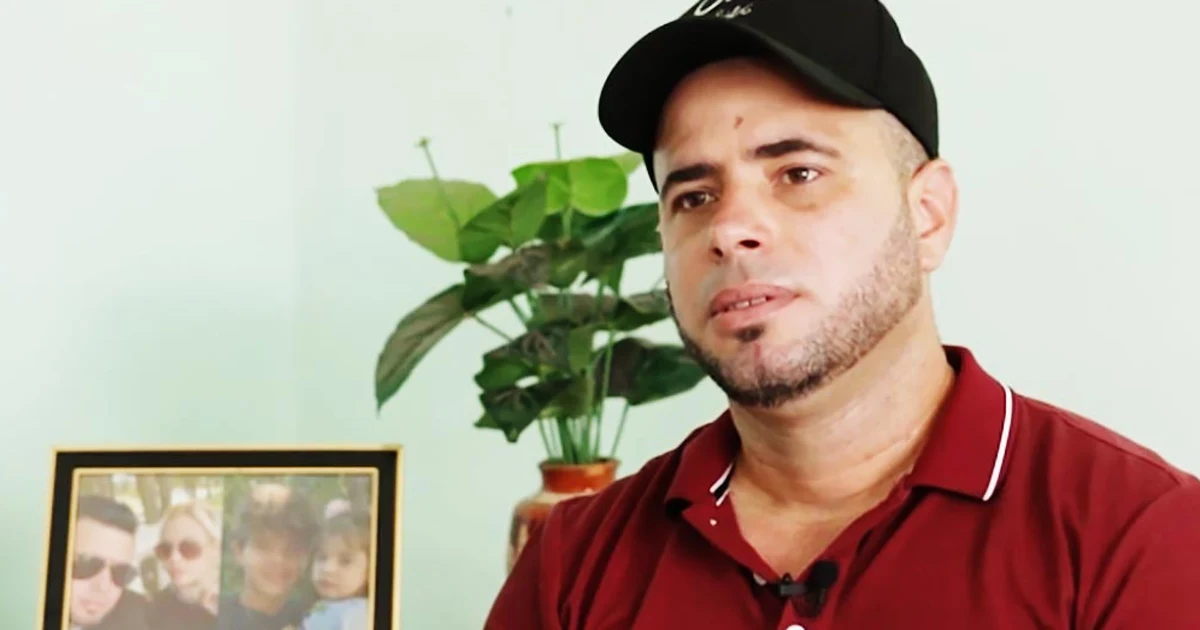
After living in the U.S. for seven years, Deivy Aleman self-deported to Cuba over the weekend.
“Returning has been one of the toughest decisions in my life,” Aleman told NBC in an exclusive interview from Palmira, a town outside the city of Cienfuegos in the southern central part of the island.
NBC cameras were there when Aleman had to say goodbye to his family at Miami International Airport.
Aleman, 40, crossed the southern border seven years ago and had been issued an I-220B, or Order of Supervision, which is a deportation order that still allows an undocumented immigrant to stay in the U.S. as long as they have regular ICE check-ins, like Aleman did. But under the Trump administration, immigrants with I-220B are being deported.
Aleman decided to self-deport after an appointment with immigration officials, where he was told that if he did not self-deport, he would never be able to enter the U.S.
His wife, Yisel Miguel Sarduy, says Aleman doesn’t have a criminal record and has done everything right, and the family is separated at the most inconvenient time, given his daughter’s health condition.
His 2-year-old daughter, Keira, has a heart defect and has undergone open-heart surgery, with more pending surgeries to come. Her health remains delicate.
But for now, she’ll have to live without her dad with the hopes he’ll return. Cellphone technology helps them stay in touch, but it’s still tough for this father.
“What I want is to return,” Aleman told NBC6.
Aleman is unsure what he’ll do given Cuba’s crumbling economy that won’t allow him to financially support his family back in the U.S.
He and the family are working with lawmakers, hopeful for a humanitarian visa. So far, no luck.
Aleman’s wife and daughter are both U.S. citizens, so the other option is a pending family petition.



